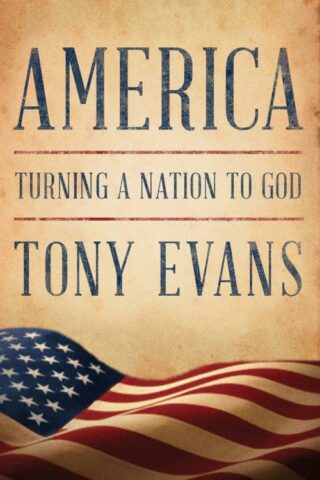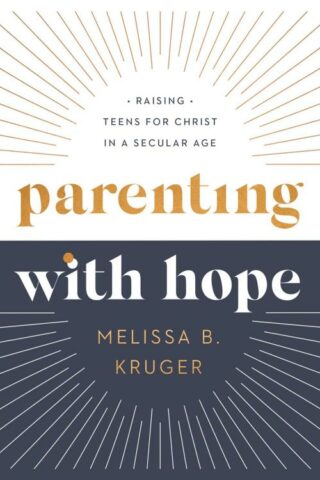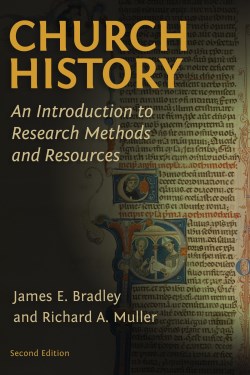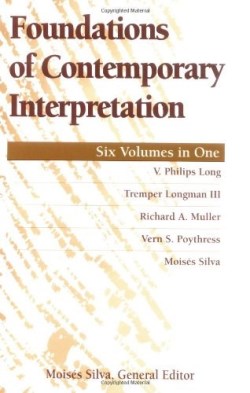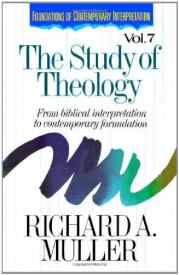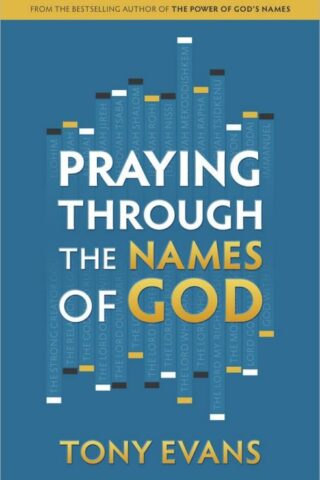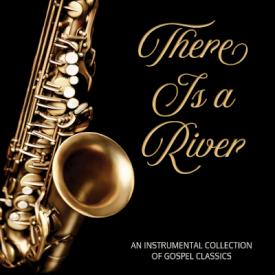Richard Muller
Showing all 3 resultsSorted by latest
-
Church History : An Introduction To Research Methods And Resources
$32.99In their acclaimed, much-used “Church History,” James Bradley and Richard Muller lay out guidelines, methods, and basic reference tools for research and writing in the fields of church history and historical theology. Over the years, this book has helped countless students define their topics, locate relevant source materials, and write quality papers.
This revised, expanded, and updated second edition includes discussion of Internet-based research, digitized texts, and the electronic forms of research tools. The greatly enlarged bibliography of study aids now includes many significant new resources that have become available since the first edition s publication in 1995. Accessible and clear, this introduction will continue to benefit both students and experienced scholars in the field.”Add to cartin stock within 3-5 days of online purchase
-
Foundation Of Contemporary Interpretation
$39.99Foundations of Contemporary Interpretation seeks to identify and clarify the basic problems of interpretation that affect our reading of the Bible today. This unique volume provides a comprehensive and systematic coverage of the field of general hermeneutics. Foundations of Contemporary Interpretation examines the impact of specific academic disciplines on the interpretation of the Bible. Previously published as separate volumes, its various sections explore the interface between hermeneutics and literary criticism, linguistics, history, science, and theology. Included in Foundations of Contemporary Interpretation, each with its own separate table of contents, are: -Has the Church Misread the Bible? — Moises Silva -Literary Approaches to Biblical Interpretation — Tremper Longman III -God, Language, and Scripture — Moises Silva -The Art of Biblical History — V. Philips Long -Science and Hermeneutics — Vern S. Poythress -The Study of Theology — Richard A. Muller. These six sections cover the interface between hermeneutics and the major disciplines.
Add to cartin stock within 3-5 days of online purchase
-
Study Of Theology
$28.55The Study of Theology address two major concerns — the place of biblical hermeneutics and practical theology. The author discusses the hermeneutical implications of biblical, historical, systematic, and practical theology and presents a case for the relationship between exegesis and the other theological disciplines. However, the relationship between hermeneutics and practical theology is also essential. According to the author, “the traditional forms of theology and preaching frequently fail the tests of exegesis and contemporary theologizing while, at the same time, most contemporary theology and exegesis fails to address directly the needs of the church.” Muller presents a case for the structure of hermeneutics and argues that it is essential to the church because “theological training as a whole . . . ought to reflect the life of the church and be of value to the life of the church.”
Add to cartin stock within 3-5 days of online purchase

